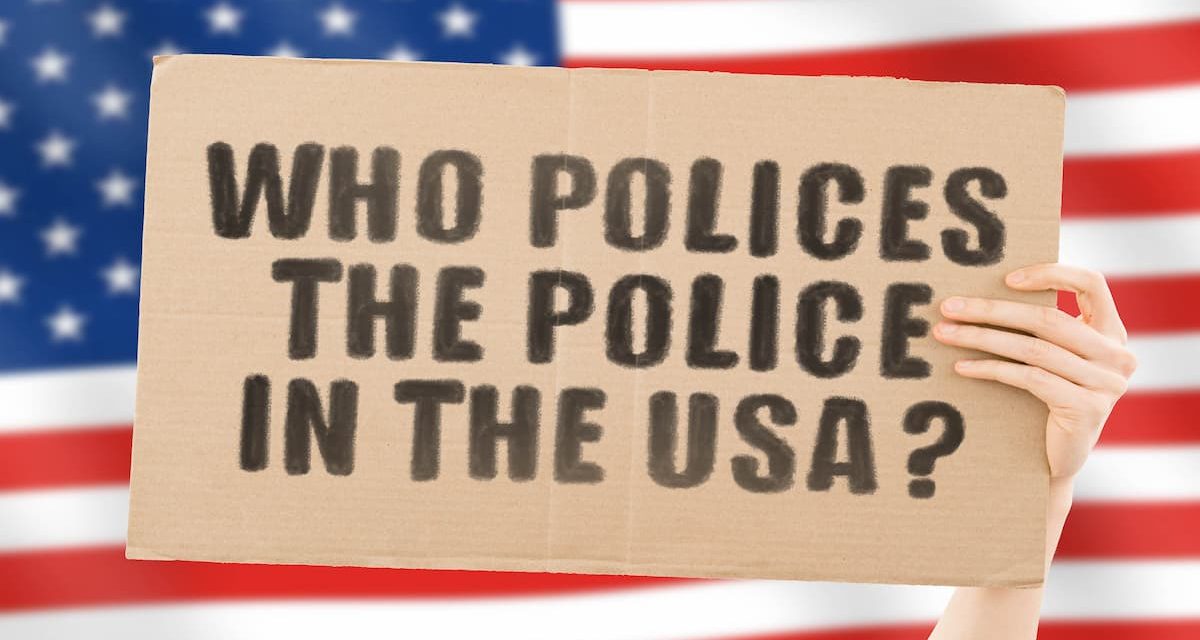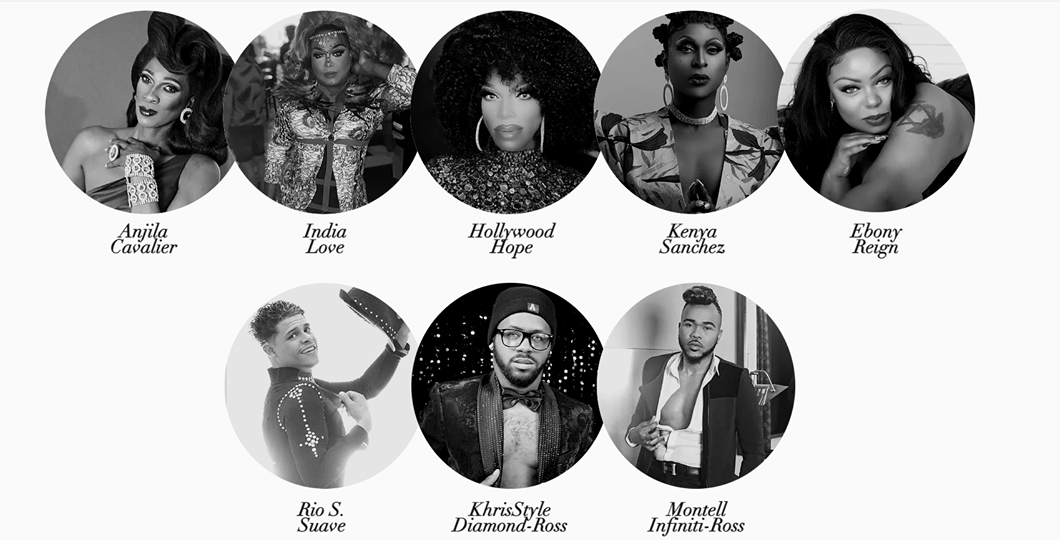Qualified Immunity is the judge-invented legal doctrine that makes it impossible for many people who have been abused by the police to obtain justice in court.
The result is not just injustice for the victim, but also danger for society as whole, as police misconduct goes unpunished, leaving the police with no incentive to stop the abusive behavior.
In simple terms, Qualified Immunity is a legal doctrine that prevents a police officer from being liable — unless the person who is suing can show that the officer was violating one of that person’s clearly established rights.
That may sound reasonable at first. But it actually makes justice unattainable for many victims. The United States Supreme Court invented this doctrine from whole cloth in the late 1960s. In the decades since, that invention has become a tremendous obstacle to holding police and other government employees accountable. Here are two examples:
• Officers were not held liable for raping a person in custody, because the right NOT to be raped while in custody is not a “clearly established” right.
• Two police officers were allowed to steal $225,000 because it was not “clearly established” that stealing from someone when executing a search warrant was a violation of that victim’s rights.
The list goes on and on, but the point is clear: Qualified Immunity serves as a free pass for law enforcement to act with impunity in many cases.
If we abolish this misguided legal doctrine, we allow our legal system to hold accountable police officers who engage in misconduct. We also help break a pattern of local prosecutors turning a blind eye to misconduct by police.
That’s what happened with Derek Chauvin, the police officer who murdered George Floyd. Chauvin had a long history of complaints and civil rights violations, yet he was not fired or prosecuted. It was only after his murder of Floyd was caught on video that his previous misdeeds were noted by prosecutors, leading to additional criminal charges.
Prosecutors have every incentive to maintain a good working relationship with the police officers whose testimony they rely upon to seek convictions. Indeed, it would be strange to envision a prosecutor being enthusiastic about charging a police officer whose testimony that prosecutor needs in a dozen other open cases, and with whom the prosecutor has worked for years.
Prosecutors are also paid the same salary whether or not they charge a police officer. They literally have no incentive to burn bridges, or a safety net if they make enemies by confronting police brutality. The harsh truth is, George Floyd would likely be alive today if a prosecutor had done their job and prosecuted Derek Chauvin.
We can’t rely on the state’s Attorneys General so solve the problem of police misconduct, either. The Attorney General is one person, and even with the help of their staff attorneys, a single state prosecutor’s office has neither the resources nor the incentive to tackle police misconduct. Also, many states don’t even allow the Attorney General to prosecute police misconduct
Federal charges aren’t a solution, either, because federal officials also lack any incentive to challenge police, and lack any protection if they do.
Simply put, it’s senseless to rely on a government employee (e.g. a prosecutor) to address misconduct by another government employee (e.g. a police officer), when those two government employees work together and rely on each other to do their jobs.
Abolishing qualified immunity would enable more private attorneys to bring cases to court that have a greater chance of victims being compensated. This leads to powerful financial incentives for individual police officers, and their employers, to end official misconduct. Once faced with the option of firing brutal and racist police officers, or financial ruin, most governments will make the only financially viable decision.
Our country’s police departments will then be rid of many more unaccountable, dangerous police officers. The good police officers and society as a whole will all benefit.
Naysayers will say police need qualified immunity to do their jobs. Nothing could be further from the truth. Even in the absence of qualified immunity, police and the cities, counties and states that employ them aren’t liable for doing their jobs — or even for making honest mistakes.
Qualified immunity is an unnecessary and counterproductive shield for police. It allows them to escape liability for intentional misconduct. As a result, it endangers the very public the police have sworn an oath to protect.
This misguided legal doctrine is past time for retirement — so the phrase “liberty and justice for all” can have actual meaning in this country.






